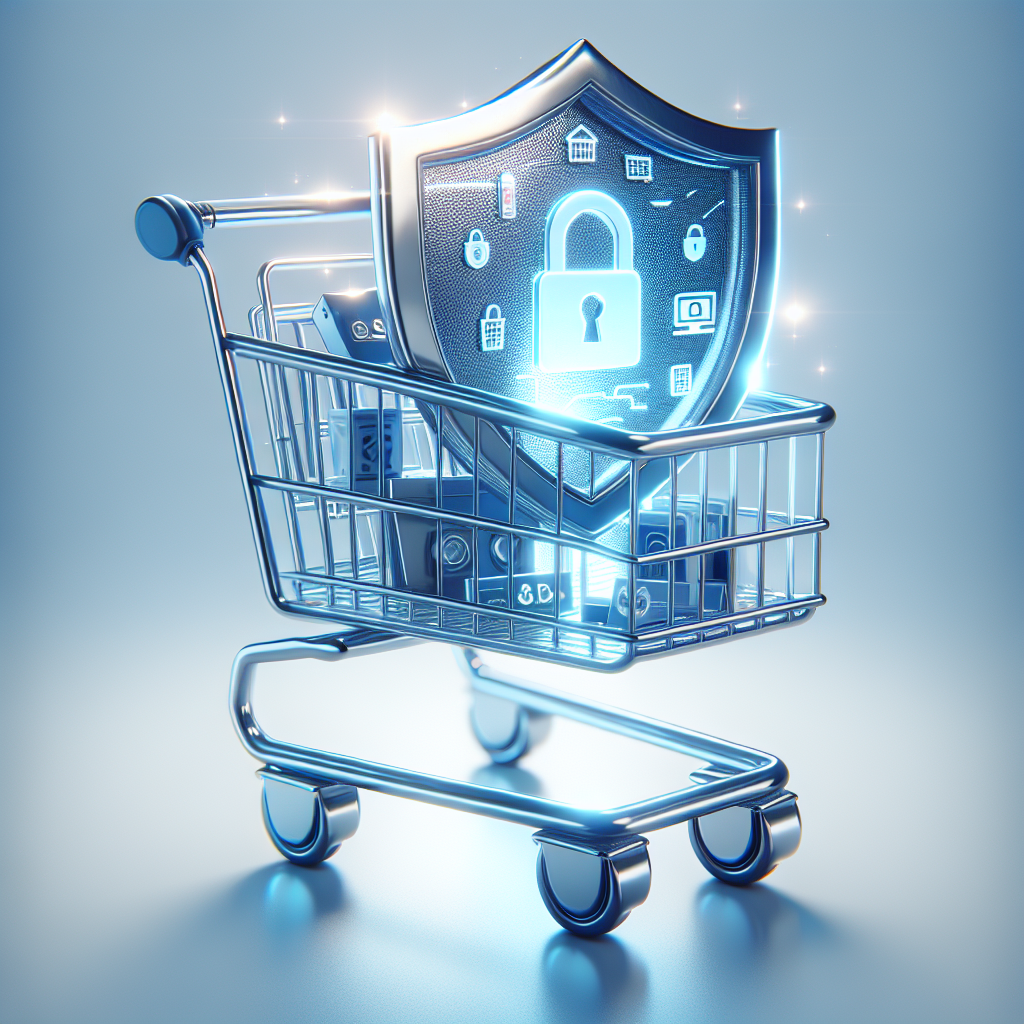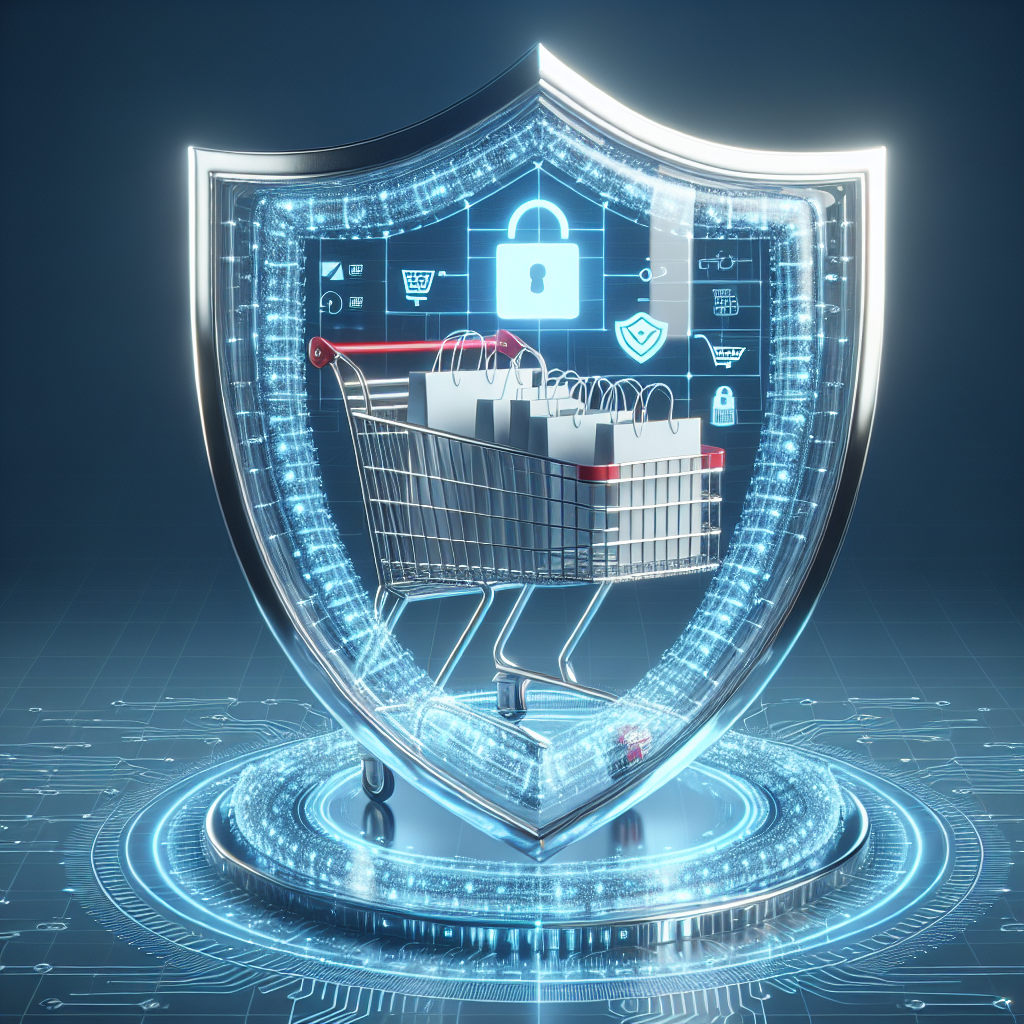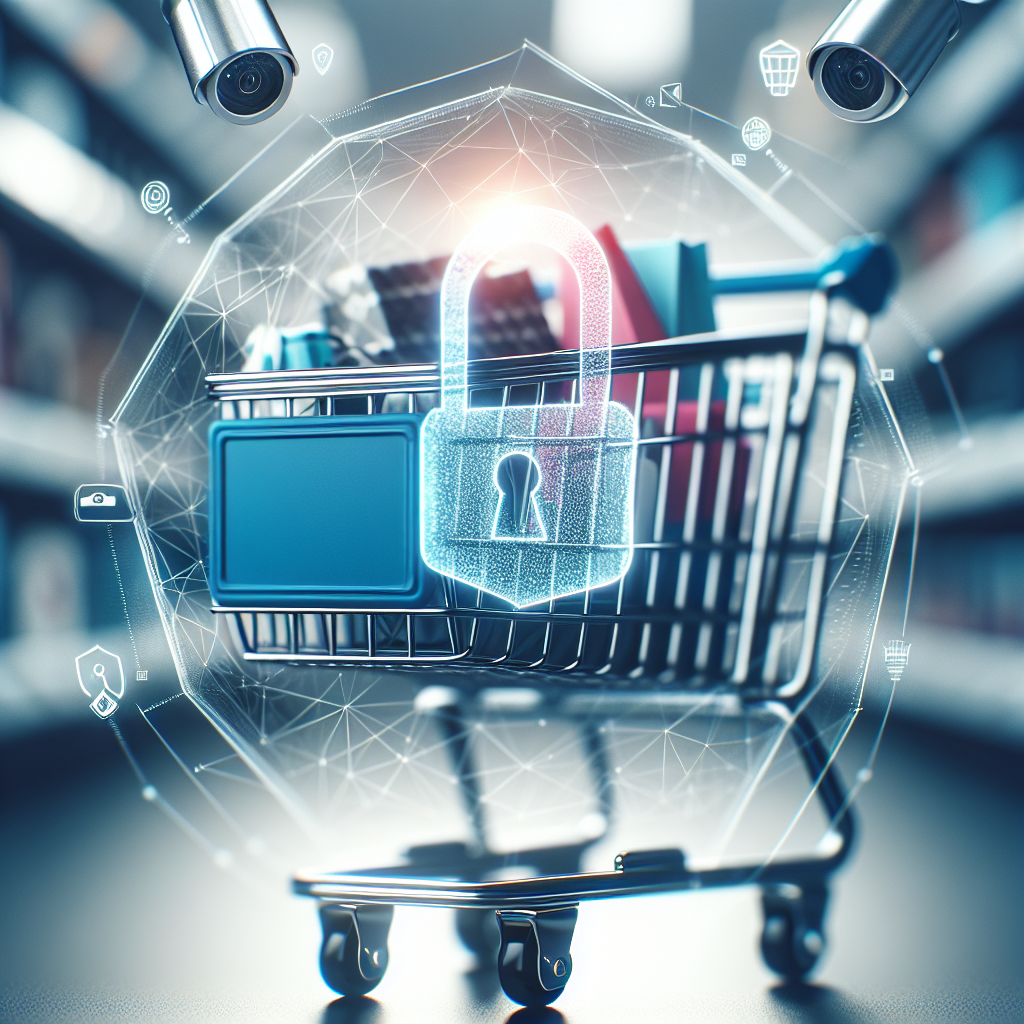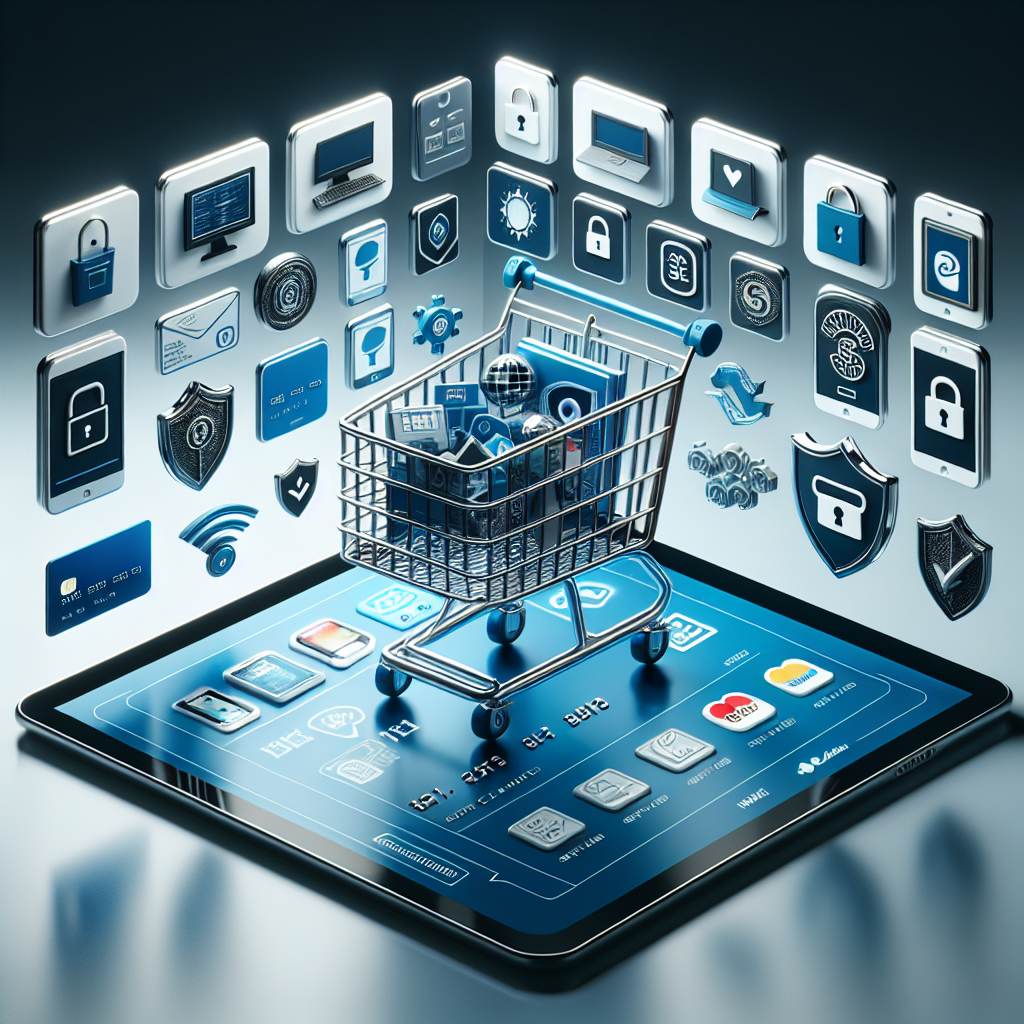7 Tips for a Secure Shopping Cart Experience Online!

With the digital age upon us, the convenience of online shopping has become an integral part of our lives. However, this ease comes with the need for vigilance against potential security threats. Understanding the importance of a secure shopping cart is the first step in protecting oneself from cyber threats such as identity theft, fraud, and data breaches. A secure shopping cart system ensures that your personal and financial information is encrypted and kept away from prying eyes as you navigate through the checkout process.
To provide our customers with peace of mind, ryvian.shop has incorporated advanced security measures. Our commitment to secure shopping cart protocols includes the use of SSL certificates, regular security audits, and compliance with PCI DSS standards. By taking these precautions, we ensure that every transaction is safeguarded, and customer data remains confidential and intact.
We encourage shoppers to be proactive about their online security. Always look for the padlock symbol in the address bar and check for ‘https://’ before entering any sensitive information. For a more in-depth understanding of our security practices and to enhance your online shopping experience, visit ryvian.shop/about-us to learn more.
Identifying Secure Payment Gateways for Safe Transactions

When it comes to online shopping, the security of payment gateways is a critical concern for consumers and businesses alike. Identifying secure payment gateways is crucial for ensuring that your transactions are safe and that your financial information is protected against unauthorized access. Secure gateways use a variety of encryption and authentication methods to process payments safely, minimizing the risk of fraud and data theft.
Look for payment gateways that adhere to the highest industry standards, such as the Payment Card Industry Data Security Standard (PCI DSS). These standards ensure that all transactions are encrypted and secure. Additionally, reputable gateways often have additional layers of security, such as tokenization and 3D Secure, which provide further protection for your payment details.
Shoppers should also be aware of the signs that indicate a trustworthy payment gateway. These include a clear privacy policy, a known and trusted brand, and visible certifications or seals of approval from recognized security organizations. By being mindful of these indicators, you can confidently engage in transactions, knowing that your sensitive information is being handled with the utmost care and integrity.
Implementing Strong Passwords and Authentication Measures
Another vital step towards a secure shopping cart experience is the implementation of strong passwords and robust authentication measures. Creating a strong, unique password for your online shopping accounts is the first line of defense against potential cyber threats. It’s essential to use a mix of uppercase and lowercase letters, numbers, and special characters to enhance password strength and make it more difficult for attackers to guess or crack.
Moreover, many online retailers now offer two-factor authentication (2FA) or multi-factor authentication (MFA), adding an extra layer of security. These authentication methods typically require users to provide two or more verification factors to gain access to their accounts, which could include a password combined with a temporary code sent via text or generated by an authentication app.
It’s crucial to take advantage of these security features whenever they are available. Remember, while keeping track of multiple strong passwords can be challenging, using a reputable password manager can simplify the process and help ensure that you maintain optimal security practices across all your online activities.
Regularly Updating Security Features of Your Shopping Cart

Keeping the security features of your secure shopping cart up to date is crucial in protecting against the latest threats. Cybersecurity is an ever-evolving field, with new vulnerabilities being discovered regularly. Online retailers must stay vigilant by installing the latest security patches and software updates provided by their shopping cart platform or service provider.
Regular updates often contain fixes for security loopholes that hackers could exploit. Neglecting these updates can leave your shopping cart susceptible to attacks, such as data breaches or malware infections. It’s advisable to enable automatic updates if your platform supports it, ensuring that you’re always running the most current version of the software.
Additionally, it’s important to conduct periodic security audits of your shopping cart system. This helps to identify any potential security issues that might have been overlooked. Retailers should also educate their staff on best security practices and the importance of maintaining a secure online environment for customers, further fortifying their defense against cyber threats.
Recognizing and Avoiding Common E-commerce Security Threats

One of the key components to ensuring a secure shopping cart is the ability to recognize and avoid common e-commerce security threats. Phishing scams, for instance, are prevalent: these schemes involve fraudsters posing as legitimate entities to steal sensitive information. E-commerce sites must educate customers on how to spot suspicious emails or communication that may lead to compromised personal and payment data.
Another significant threat is credit card fraud, where stolen card information is used for unauthorized purchases. Implementing robust verification processes like CVV checks and employing fraud detection tools can mitigate such risks. Additionally, SSL certificates are essential as they encrypt data transfers, making it difficult for attackers to intercept customer information during transactions.
Site owners should also be wary of malware and ransomware attacks, which can lock access to critical data or disrupt operations. Keeping all systems updated and encouraging strong, unique passwords for user accounts are steps towards thwarting these attacks. Regularly scanning for vulnerabilities and having a responsive security team ready to address any incidents are also vital practices. By staying informed and proactive about these threats, retailers can create a safer shopping environment for their users.
Ensuring Compliance with Data Protection and Privacy Laws

With the rise of online transactions, data protection and privacy laws have become increasingly pivotal in the realm of e-commerce. Ensuring compliance with regulations such as the General Data Protection Regulation (GDPR) for European customers, or the California Consumer Privacy Act (CCPA) for residents of California, is crucial for any online business to maintain consumer trust and avoid hefty fines.
Compliance typically involves obtaining explicit consent from users before collecting personal data, providing clear privacy policies, and allowing customers to access, correct, or delete their personal information. Moreover, it requires e-commerce platforms to employ secure shopping cart systems and data processing practices that safeguard customer data from unauthorized access and breaches.
Businesses must also ensure that third-party services integrated with their platforms, such as payment gateways and analytics tools, are also in compliance with these laws. Regular audits and assessments can help identify and rectify potential compliance issues.
For a deeper understanding of how ryvian.shop upholds the highest standards of data protection and embodies a commitment to our customers’ privacy, visit ryvian.shop/about-us to learn more.
Ultimate Guide to Fashion Online Shopping Trends
Top Eshop Deals You Can’t Miss Today!
Comments
[…] it comes to launching an online business, understanding the legal requirements is paramount. Depending on your location and the nature of your business, these requirements can […]













Leave a comment